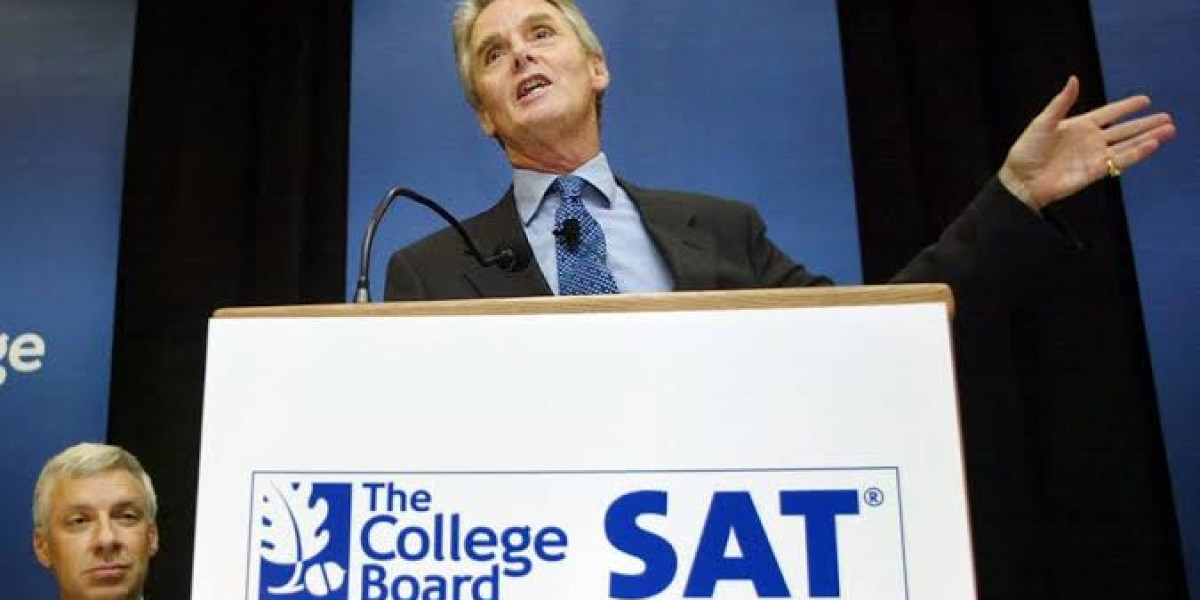The College Board, a titan in American education, is rolling out a series of transformative changes to its flagship programs, the Advanced Placement (AP) and the SAT. Beginning in 2025, a majority of AP exams will be administered digitally, and the SAT will see significant updates to its format and policies. These changes come as the organization launches new career-focused educational credentials and continues to navigate a landscape of persistent criticism regarding equity, access, and the very nature of standardized testing.
In a landmark shift, 28 AP exams will transition to a digital format in May 2025. Of these, 16 will be fully digital, while 12 will be hybrid, with students completing multiple-choice sections on a computer and handwriting free-response answers. This move, the College Board states, is designed to enhance test security and align with modern educational practices. The transition to digital has been accompanied by curriculum and exam structure updates for several key subjects, including AP Physics, AP Psychology, and AP Chemistry, which will feature revised content and question formats.
The iconic SAT is also undergoing a significant evolution. The exam is now fully digital, a change intended to make the testing experience more efficient and secure. Looking ahead to the 2025-26 school year, the College Board has announced a notable change to its calculator policy: calculators with computer algebra systems (CAS) will be prohibited. This decision aims to ensure a more equitable testing environment. As the debate over the relevance of standardized tests continues with many institutions maintaining test-optional policies, the College Board is actively promoting the SAT as a valuable tool for students to demonstrate their college readiness, particularly in a competitive admissions landscape.
In a strategic expansion beyond its traditional college preparatory focus, the College Board has introduced "AP Career Kickstart," a new initiative developed in partnership with industry leaders. The first two courses in this program, focusing on cybersecurity and business principles, are designed to provide students with practical skills and an early advantage in the job market. This move signals the organization's intent to bridge the gap between high school education and workforce demands.
These sweeping changes are taking place against a backdrop of ongoing controversy. The College Board has faced sustained criticism on multiple fronts. Concerns about equity remain paramount, with critics arguing that the high cost of exams and test preparation materials creates a significant barrier for low-income students. The organization's practice of selling student data has also drawn sharp condemnation and legal challenges.
Furthermore, the College Board has been embroiled in a public and politically charged debate over the curriculum of its new AP African American Studies course. Accusations of yielding to political pressure to alter the course content have sparked widespread discussion about academic freedom and the influence of political agendas on educational materials. The 2020 AP exams, which were hastily moved online due to the COVID-19 pandemic and plagued by technical glitches, also remain a point of contention and have led to legal action against the organization.
In response to some of these criticisms, the College Board has launched initiatives like the "Access & Diversity Collaborative" to address issues of equity and access in college admissions. The "Future Admissions Tools and Models Initiative" is another program aimed at developing more holistic and context-aware approaches to evaluating student achievement.
As the College Board navigates this complex terrain of innovation and criticism, the coming academic year will be a critical test of its new direction. The successful implementation of the digital AP and SAT exams, the reception of its new career-focused credentials, and its handling of the persistent equity concerns will all be closely watched by students, educators, and policymakers across the nation.










